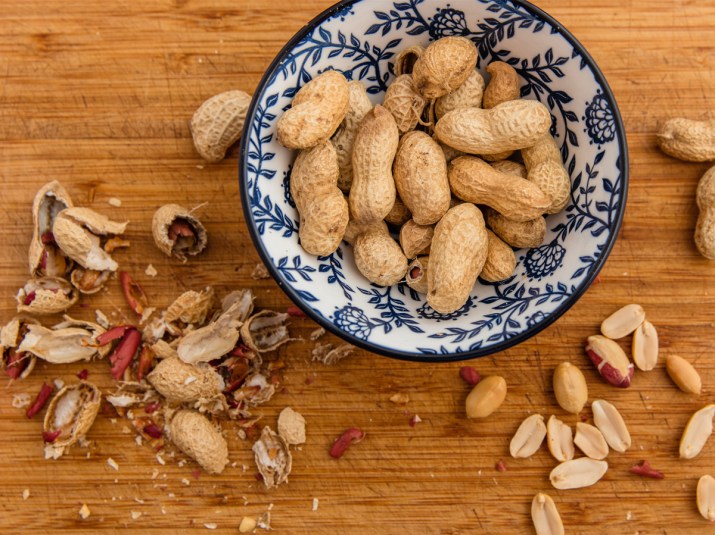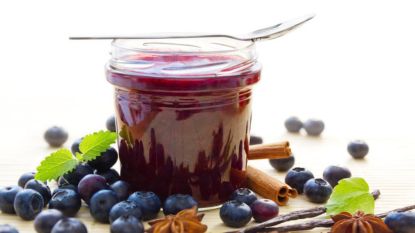A New Treatment for Peanut Allergies Is Said to Protect Sufferers From Accidental Exposure

Peanut allergies can be one of the most terrifying ailments to live with — just being around the legume, not even eating it, can trigger a life-threatening reaction for those with a severe sensitivity. It’s become so prevalent in recent years that parents have had to be more and more careful about exposing their children to peanuts at young ages. Many schools have banned peanut butter from being packed into students’ lunches because it might cause a reaction for another kid sitting in the lunchroom. Although there currently aren’t any approved treatments for this common food allergy, a new study from the American College of Allergy, Asthma and Immunology (ACAAI) has finally found promising results in protecting allergy sufferers against the accidental exposure to peanuts.
One of the biggest issues is how sneaky peanuts can be, hiding in lists of ingredients with complicated names we wouldn’t think had anything to do with them. Even food that was prepared in proximity to peanut products could cause anaphylactic shock for many who are allergic. Stephen Tilles, MD, a co-author of the study from ACAAI, explained in a press release, “Our hope when we started the study was that by treating patients with the equivalent of one peanut per day, many would tolerate as much as two peanuts.” Dr. Tilles and his team were pleasantly surprised that two thirds of the people in the study were able to tolerate “the equivalent of two peanuts per day after nine to 12 months.” Making things even better, half of the patients were able to double that by tolerating four peanuts. Researchers observed participants from four to 55 years old, though most were in the four-to-17 range. Patients were given doses of peanut protein powder, which was administered under supervision in case of any severe reactions.
The treatment is currently under review with the US Food and Drug Administration (FDA) and researchers are hopeful for approval. That said, if you suffer from peanut allergies, don’t start dreaming of all the PB&J sandwiches you’ve missed out on quite yet. Allergist and study co-author Jay Lieberman, MD, elaborated on the results by saying, “This is not a quick fix, and it doesn’t mean people with a peanut allergy will be able to eat peanuts whenever they want.” It does, however, mean that those who suffer the allergy might be able to rest a little easier without the constant worry of accidental exposure.
More From FIRST
Did You Know Red Licorice Has Gluten?
Sipping Spearmint Tea Might Be the Secret to Soothing Hormonal Skin Issues
Is Your Food Reaction an Allergy or an Intolerance? Here’s How to Tell the Difference













